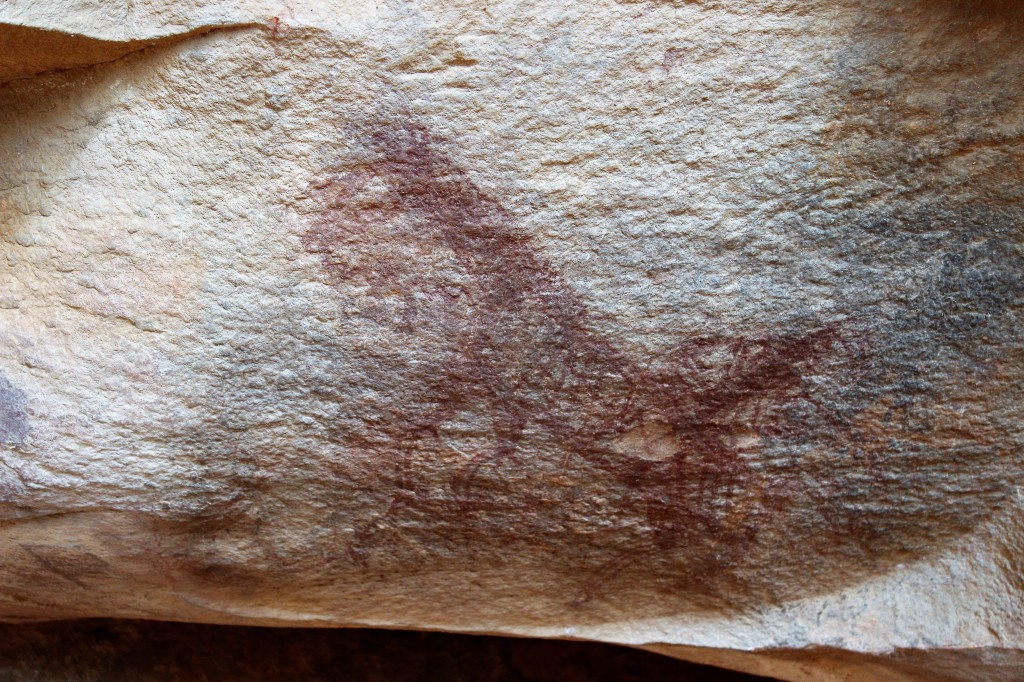Rock shelters of Bhimbetka are an archaeological site located in Raisen district of Madhaya Pradesh. These shelters are UNESCO World Heritage site. This archaeological site is located about 45 km from the state capital Bhopal. It is believed that some of these shelters were inhabited more than 10000 years ago. The rock shelters and caves of Bhimbetka provide rare glimpses into human settlements and cultural evolution.
The paintings at Bhimbetka are based on themes such as animals, hunting and dancing. This site has the oldest known rock art in India and is one of the largest prehistoric complexes having human settlements.



Auditorium cave
This is the largest shelter at Bhimbetka. Earliest evidence of a hierarchical structure with the boulder being seen as the “Chief’s Rock”.

Rock paintings











| Item | description |
|---|---|
| How to reach | Bhopal is the nearest airport and train station. Distance from Bhopal is about 45 km. Private taxis and buses are available from Bhopal. |
| Guide | ASI certified guides are available at a nominal fees |
| Length of visit | Approx. 5 hours. Better to carry water bottle and snacks with you. |
| Accommodation | Can be done as a day trip from Bhopal |
| Condition | The site is maintained but certainly more can be done to raise awareness and facilities around this place. Great significance for mankind. |
| Walking required | Yes. People comfortable walking can visit. Facilities like wheelchair etc. are not available. |
## My travel experience before the COVID 19 pandemic

You must be logged in to post a comment.